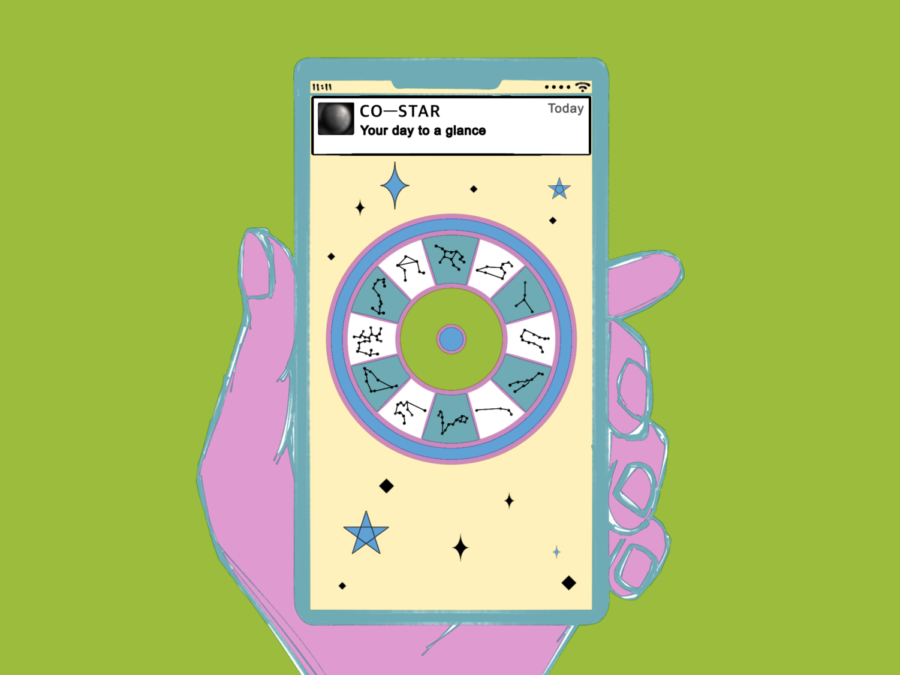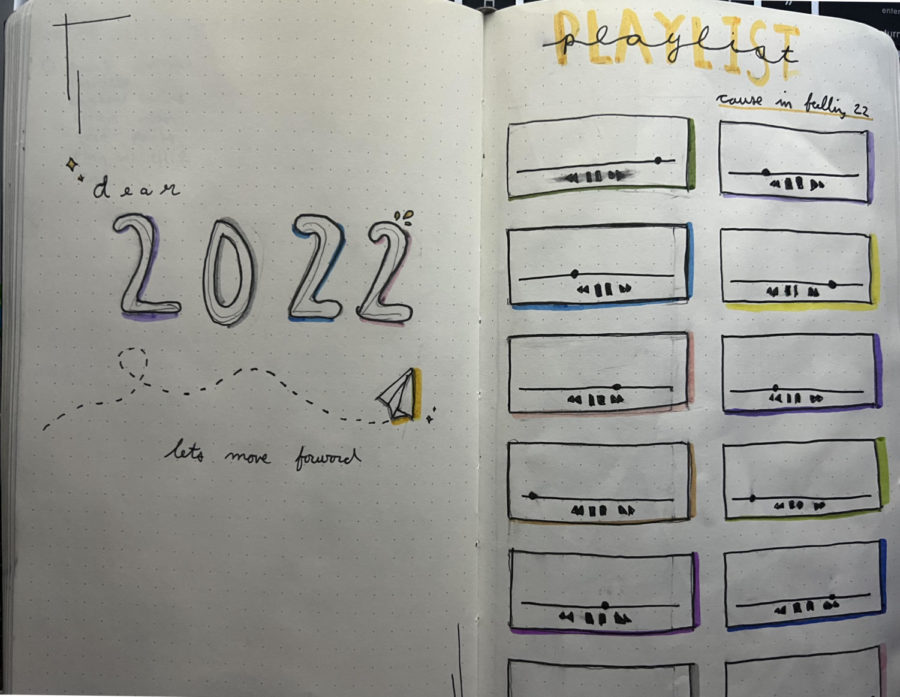Air quality alert! These words have been popping up everywhere in my life for the past week, whether it’s on my phone or on road signs when I’m driving. But what does it actually mean? And why does it matter?
The Air Quality Index was created by the U.S. Environmental Protection Agency to alert the public about the danger in air quality, specifically the pollutants watched by the Clean Air Act. There’s ground level ozone, particulate matter, carbon monoxide, and sulfur dioxide.
According to the Columbia Climate School, “A level of 100 is deemed safe for each pollutant. An AQI number under 100 signifies good or acceptable air quality, while a number over 100 is cause for concern and triggers an alert for vulnerable groups.”
In Minnesota, the winter air quality is the worst it’s ever been since 2005 and there hasn’t been an air quality alert since August 2021 in which the alert was issued due to smoke from forest fires.
According to an article by MPR news, “There’s been a temperature inversion in the atmosphere, acting as a lid of sorts to keep pollutants near the ground. And the MPCA says that with temperatures near freezing, moisture released by melting snow also has helped trap particulates near the surface.” Science teacher Rebekah Johnson says, “There’s been a lot of foggy weather which means there’s a lot of moisture in our air and there hasn’t been a lot of air movement, like there hasn’t been a fresh air mass of air to come through and push this air mass away. It’s just been stagnant…when that happens, all of the particles that our cars are emitting…if that goes in the air and there’s not a fresh air mass coming in then it just gets stuck in the air and hangs there.”
Johnson also says that Blake students can “think about anything you do that puts particles up into the atmosphere. On the individual level it’s mostly driving, like if you have a car that burns fuel, that combustion process can put particulates up in the air. Also, if you have a backyard fire, burning stuff – those particles have to go in the air. These days, with the bad air quality, you don’t want to drive as much, burn stuff and that type of thing.”


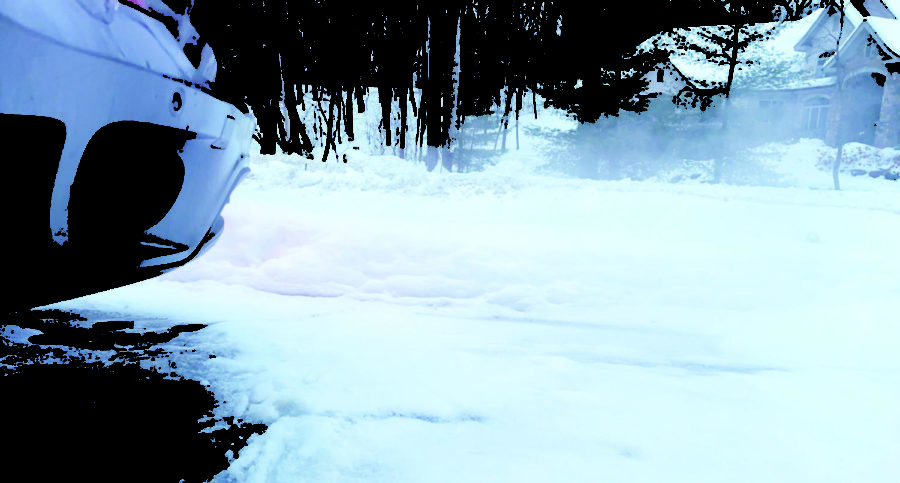
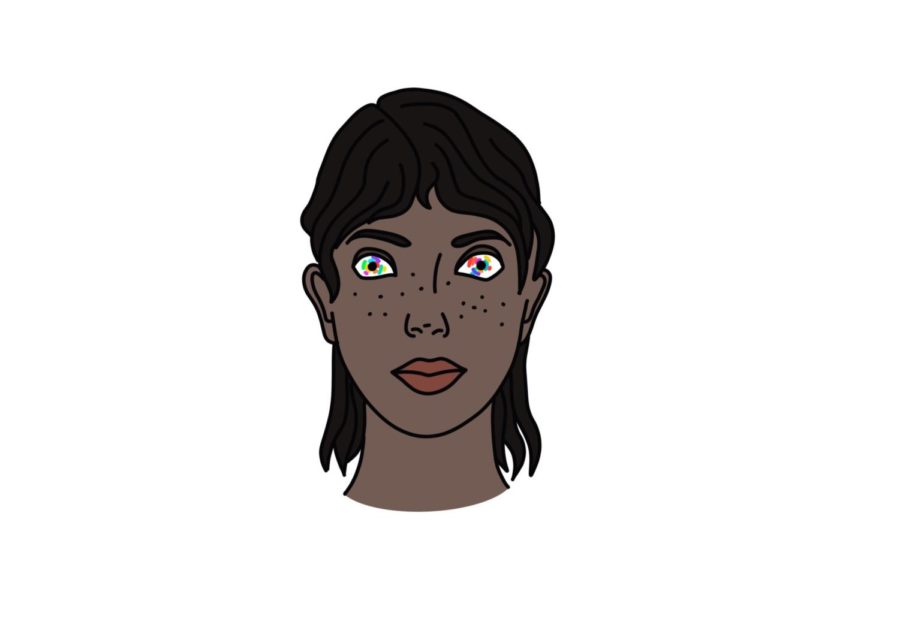

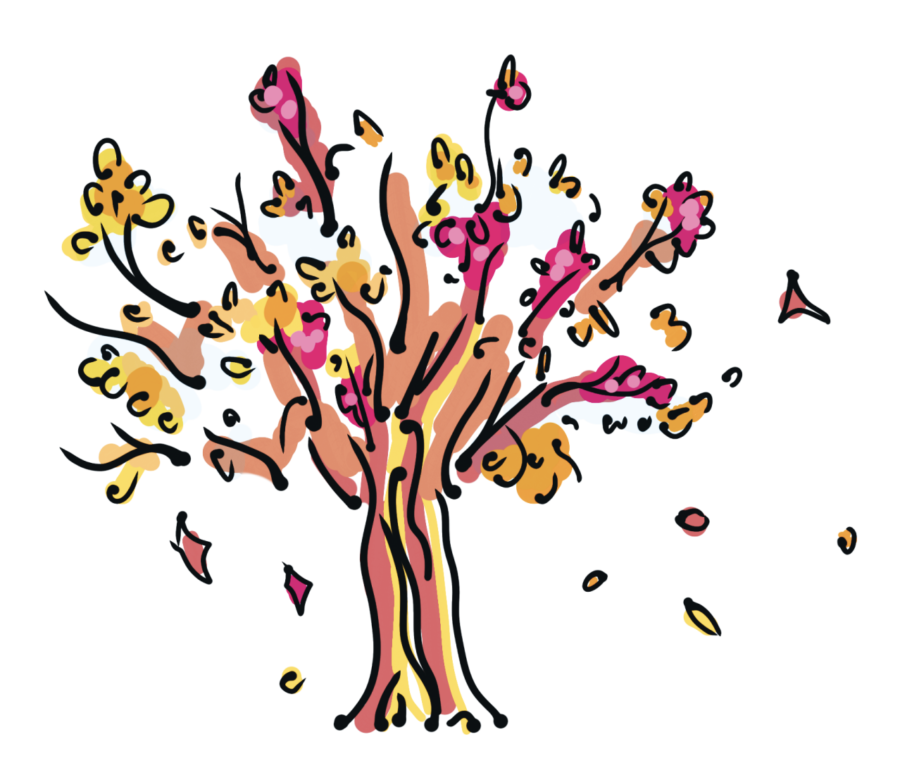
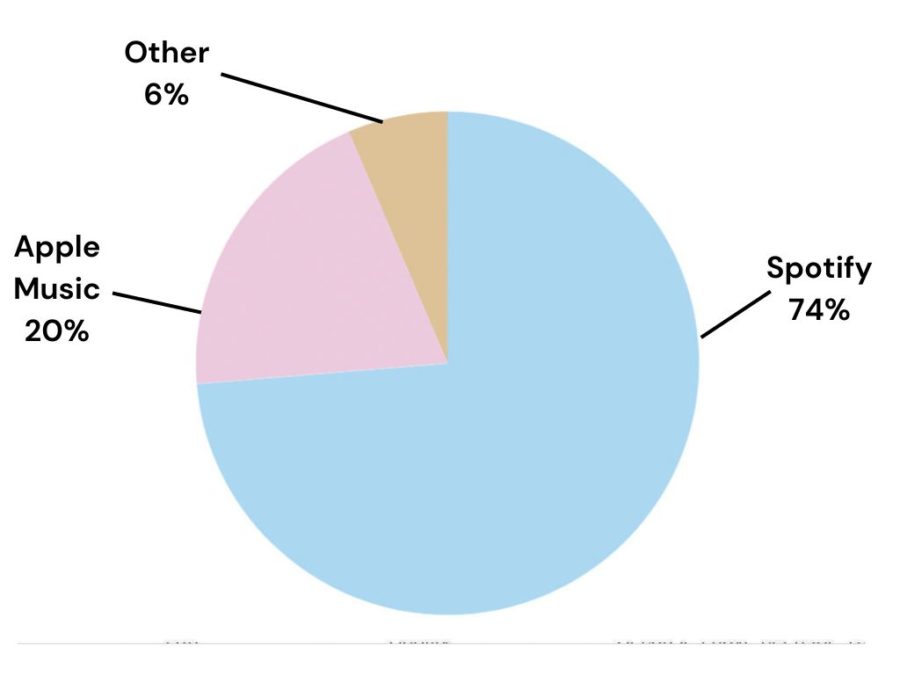
![Campbell is a student that writes by hand for all of his classes, and according to him, he “[finds] it easier to remember stuff if [he] writes it down.”](https://www.blakespectrum.org/wp-content/uploads/2022/12/IMG-0178-675x900.jpg)
